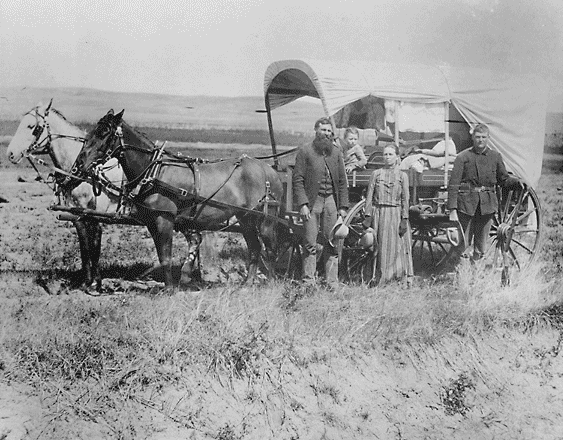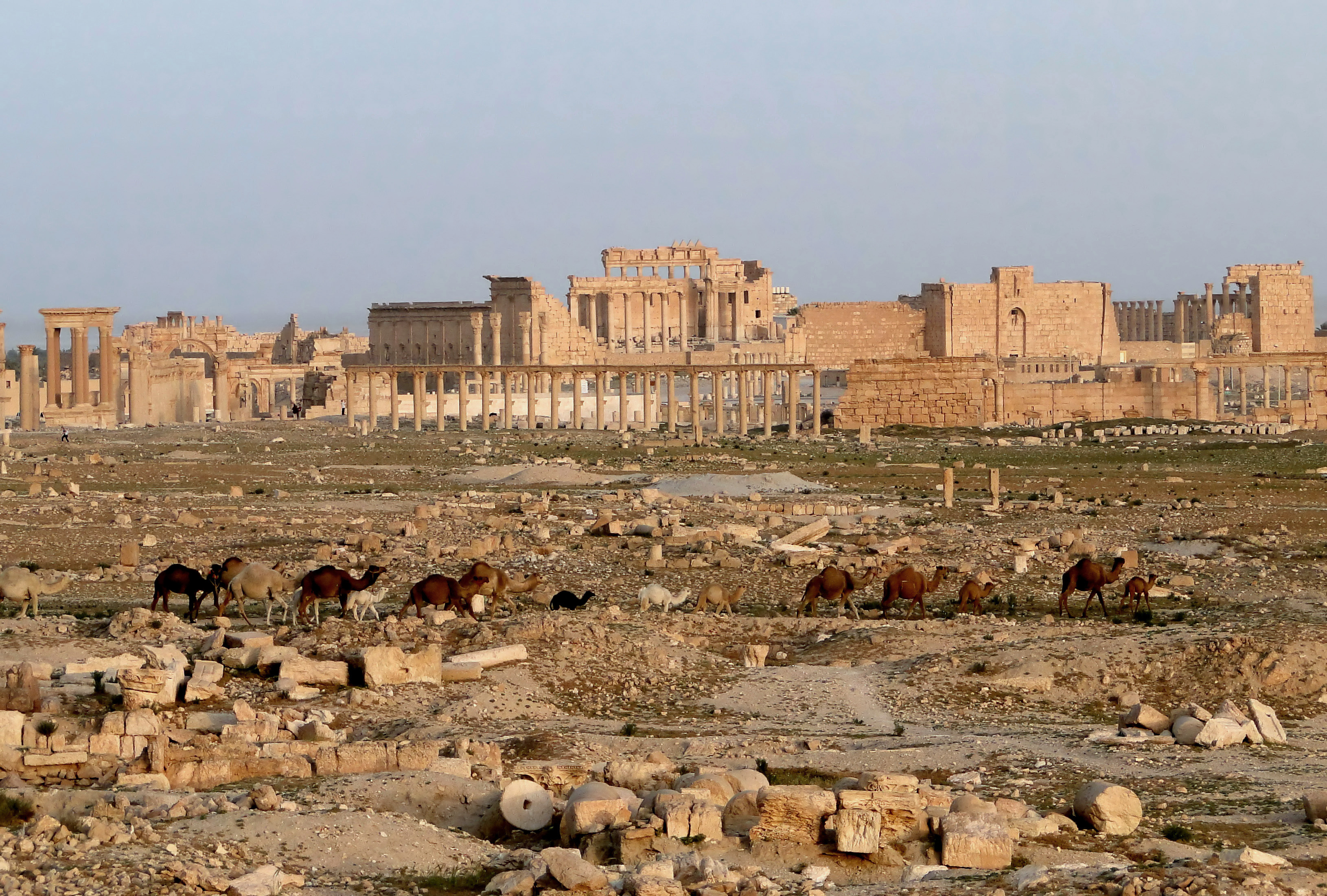2. Cultural Encounters
Negotiating Greece in ancient Rome

The political and cultural relationship between the Greek and the Roman world defies what we normally see happening when one state establishes its military and political dominion over another: culture, language, economy, education of the conquering state become dominant and hugely shape or even delete those of the conquered state. This, for example, has been the case of modern colonialism, where entire native cultures have been transformed and sometimes entirely wiped out by the arrival of western powers. However, the relationship between Rome (the conquering) and Greece, Magna Graecia and Sicily (the conquered) was in many ways very different, so peculiar that Horace could claim that Græcia capta ferum victorem cepit, et artes intulit agresti Latio (Greece, the captive, took her savage victor captive, and brought the arts into rustic Latium: Epistles 2.1.156) and we know that, at the time of Cicero, Horace, Vergil and Seneca, Greek culture exerted a powerful cultural and ideological influence over Rome and her elites. So, what made the cultural and political relationship between Rome and Greece so different?
Interested in Negotiating Greece in ancient Rome as an EPQ project? Click here.
Migration

Human migration is the permanent change of residence by an individual or a group; it excludes such movements as nomadism, migrant labour, commuting, and tourism, all of which are transitory in nature (source: Encyclopaedia Britannica). It is a very relevant phenomenon today and is at the base of contemporary political debate in most of the Western world. But migration also characterized the way in which societies shaped the word in Classical antiquity: from the establishment of Greek colonial settlements in Southern Italy, Sicily, and the Black Sea to the movement of people to newly founded or existing native settlements following Roman military conquest. This topic will allow you to explore one of the most hotly debated political issues of contemporary society by looking at past.
Interested in Migration as an EPQ projet? Click here.
Frontiers
 Frontiers are generally understood as a line or a border separating two countries. In modern USA they also represented the western territories, where settlers began to move to live in the 19th century. Today, frontiers are at the centre of debate on global migration, being them the limit between Mexico and the United States or the wider Mediterranean, separating Europe from Africa and the Middle East, at the centre of a global movement of people. The notion of frontier is also used to characterize the limits of the Roman empire, at the time of the construction of physical barriers, such as Hadrian’s wall, the German limes and the Fossatum Africae. But what does the term really mean? And how looking at the Roman past can help our understanding of modern frontiers?
Frontiers are generally understood as a line or a border separating two countries. In modern USA they also represented the western territories, where settlers began to move to live in the 19th century. Today, frontiers are at the centre of debate on global migration, being them the limit between Mexico and the United States or the wider Mediterranean, separating Europe from Africa and the Middle East, at the centre of a global movement of people. The notion of frontier is also used to characterize the limits of the Roman empire, at the time of the construction of physical barriers, such as Hadrian’s wall, the German limes and the Fossatum Africae. But what does the term really mean? And how looking at the Roman past can help our understanding of modern frontiers?
We are currently working on this...the 2.3 Frontiers resource will be made available soon from the link below.
(Interested in Frontiers as an EPQ project? Click here).
